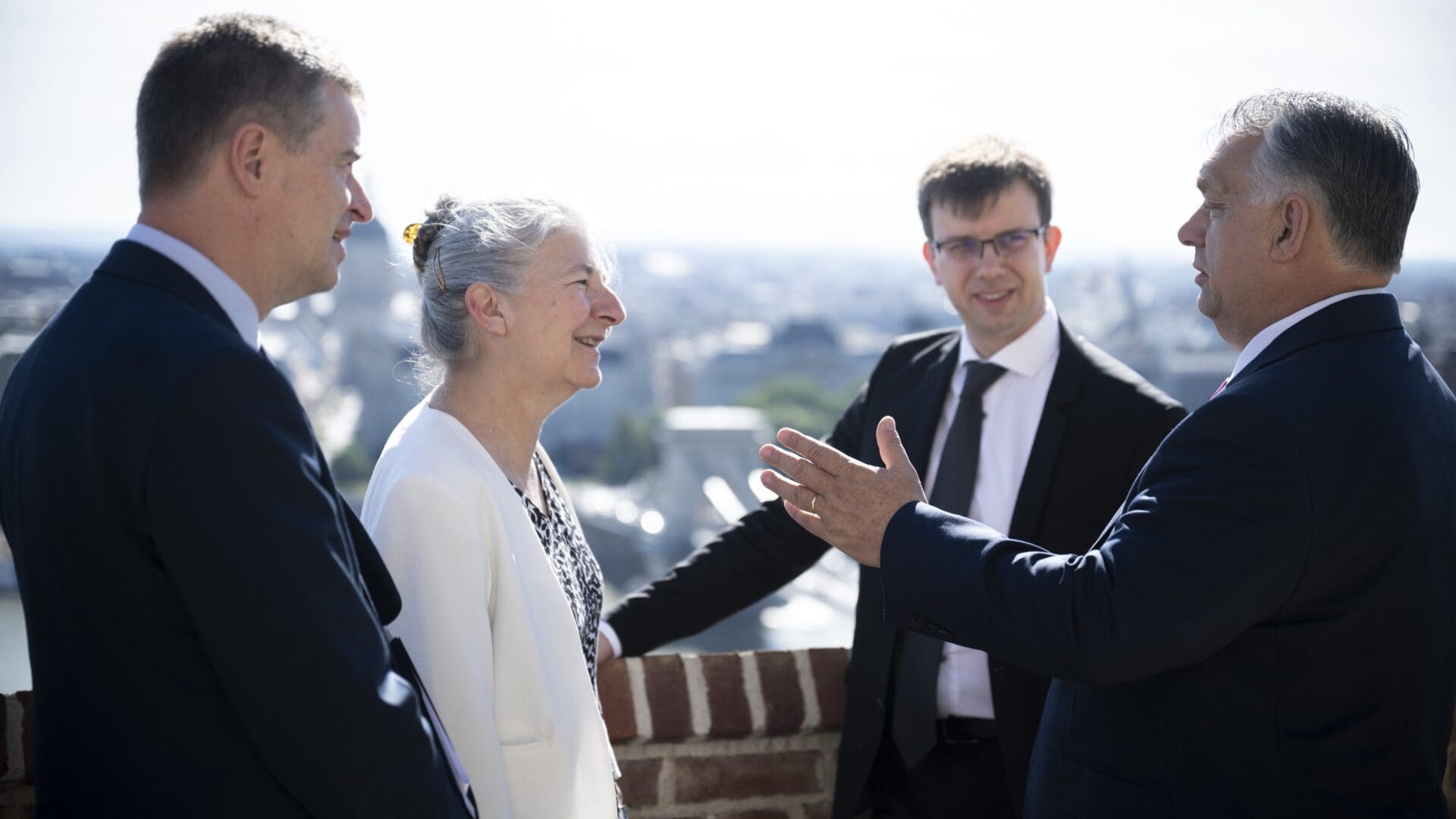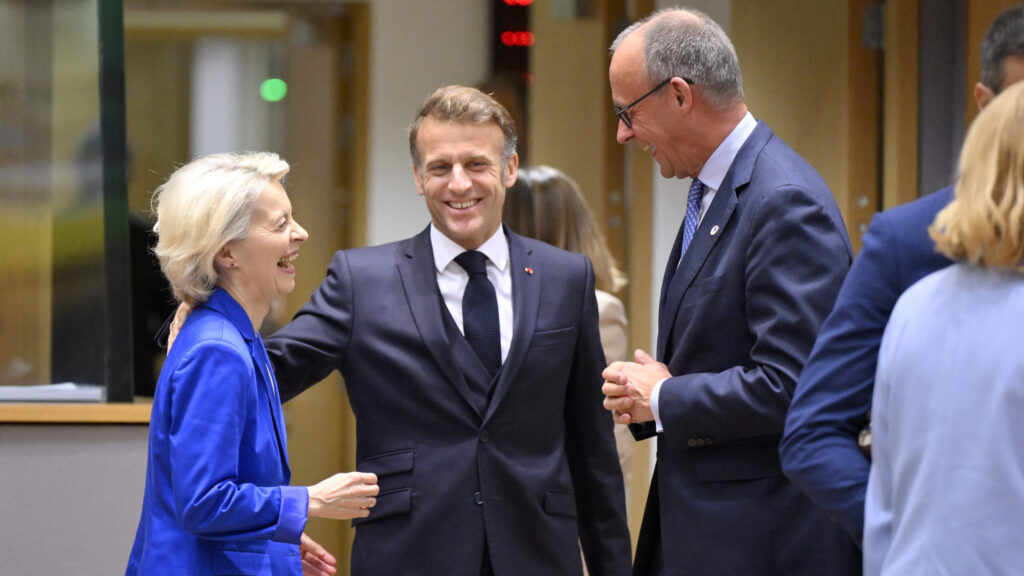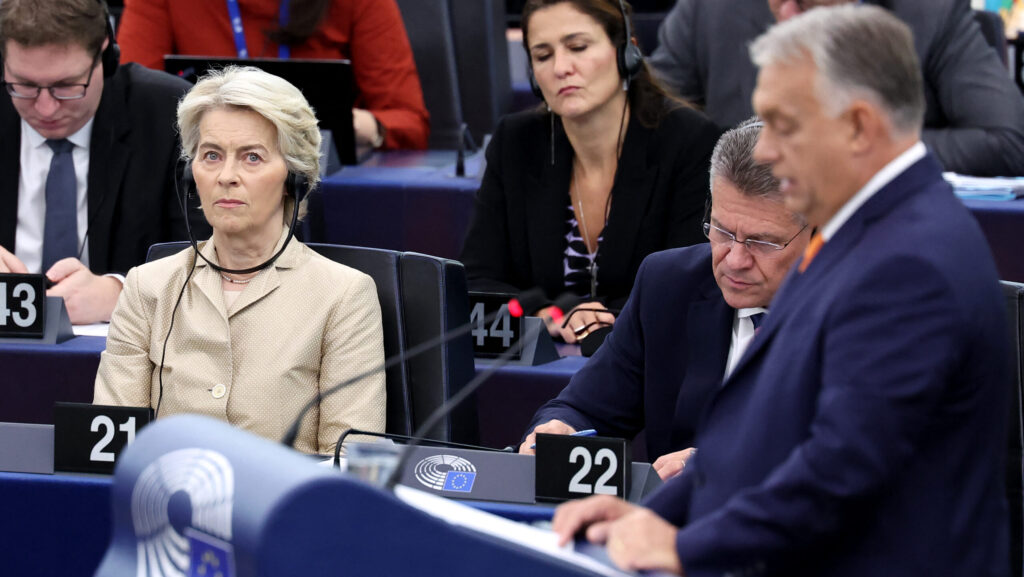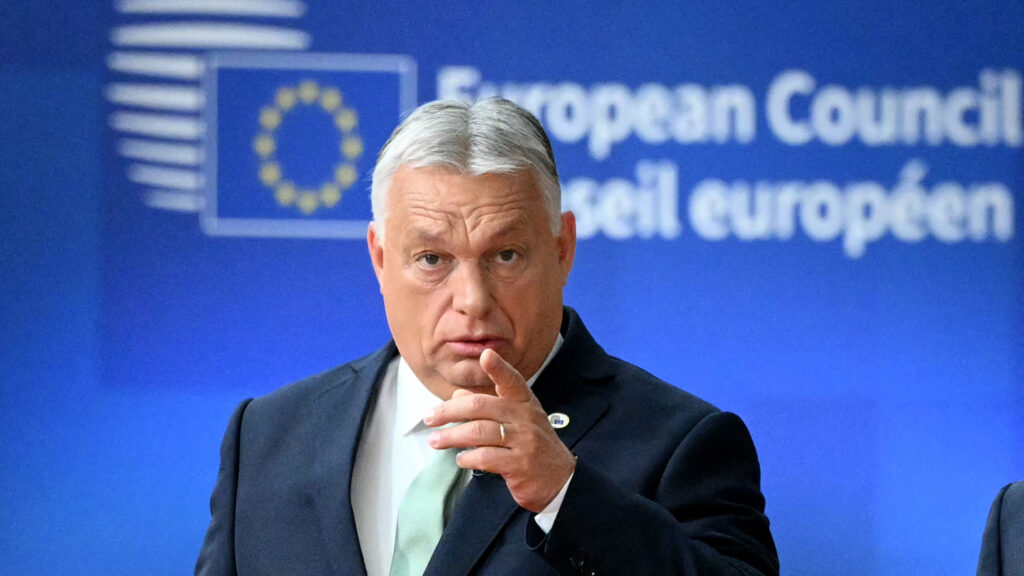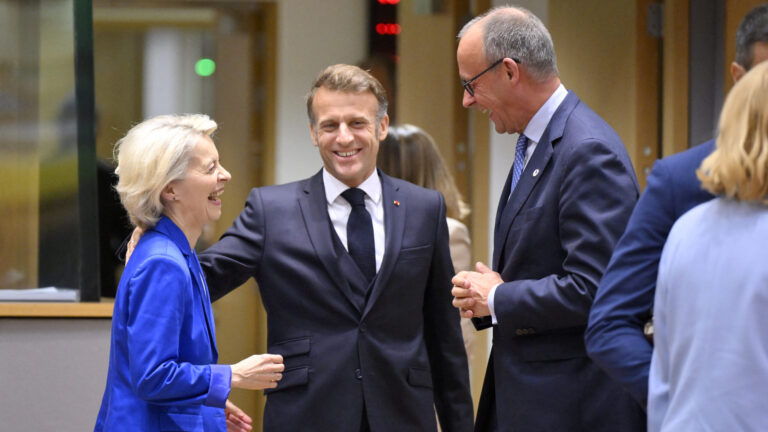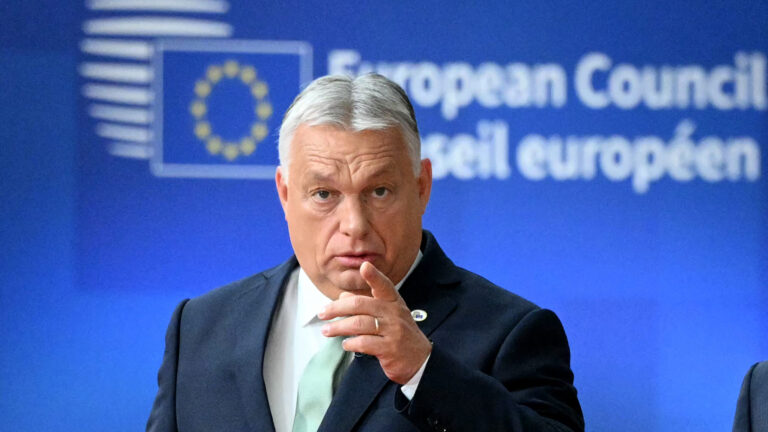After its first Presidency in 2011, Hungary will again hold the rotating Presidency of the Council of the European Union from 1 July 2024, in the same trio, together with Spain and Belgium.
The legal framework for the Presidency is laid down in the Lisbon Treaty. Its role is to promote work on EU legislation, ensure the continuity of the EU’s agenda, prepare European Council meetings and facilitate cooperation between the EU institutions and Member States.
But beyond the legal technicalities, the next semester will also be a major political opportunity for Hungary, as Hungarian interests may also be placed onto the EU negotiating table. The Hungarian government has set out seven priorities for the next six months: boosting European competitiveness, strengthening defence policy, a consistent and non-discriminatory enlargement policy, curbing illegal migration, shaping the future of cohesion policy, building a farmer-centred agricultural policy and tackling demographic challenges.
The programme of the Hungarian presidency was prepared in collaboration with the other two members of the trio, and was presented to the public in the spring of 2023 as part of the so-called Trio Programme. While there were positive consequences learned from the 2011 Hungarian Presidency and success stories such as the conclusion of the accession negotiations with Croatia, the EU Strategy for the Danube Region and the Roma strategy, it is important to note that the priorities of the Presidency have this time had to be adapted to a very different political and economic environment.
Today, Europe is threatened by war and geopolitical uncertainty.
As a consequence of the pandemic and the EU’s sanctions policy, the Community has recently faced runaway inflation, high energy prices, recession and a growing backlog in economic competition. Because of these extraordinary challenges the Hungarian government must offer responses under its rotating presidency. According to the Hungarian prime minister, one of Hungary’s top priorities is to restore the economic success of Europe, lagging behind the United States and China, by creating a competitive and business-friendly environment. By deepening the single market and creating the conditions for growth, European economic actors must be made competitive, and this requires EU decisions that are grounded in reality, in particular while promoting the green and digital transition, areas which are prime examples of ideology-driven EU regulation.
The Hungarian presidency of the Council of the European Union will be accompanied by some 250 events in Budapest and Brussels. While the presidency may be a little shorter in the second half of the year, with the summer administrative break and the Christmas break, but we can expect it to make significant progress along the priorities identified above. For example, the six months will certainly not be enough to allow the Western Balkan countries to become full members of the EU, but there will be countries that could finally arrive at the conclusion of accession negotiations. In addition, the Hungarian government will also have the opportunity to make proposals to curb irregular migration and, through its peace mission, to help bring the warring parties to the negotiating table.
Since the rotating presidency as an institution does not legally have one specific natural person as its political leader, since it is always held by a Member State, what one could say is that the Council Presidency is represented by the government and the head of government of the Member State holding the Presidency. Opinions are divided as to the scope and nature of this representation, but it is clear that
the Hungarian Prime Minister and the Presidency will continue to face strong political resistance
in their work.
In the light of the rule of law procedures of recent years, there have been repeated calls from globalist European politicians to take away Hungary’s right to vote and to strip it from the right to hold the rotating presidency. Most recently, following Viktor Orbán’s visits to a number of countries in the framework of his peace mission, some have again attempted to play the card of stripping Hungary of its of rotating presidency. However, it should not be forgotten that the rotating presidency is also an obligation of the Member States under the Treaties, so there is currently virtually no chance of lawfully taking the status away from Hungary.
While the media and European politicians representing globalist interests frequently voice doubts about the Hungarian Government’s ability to properly and democratically hold the rotating presidency, it should be noted that, in addition to the expertise and preparedness of the Hungarian Government, the person of Viktor Orbán, who has been head of government for fourteen years, is also a guarantee of economic and political stability and therefore also of the success of the Hungarian Presidency. Over the past decade and a half, the Hungarian Prime Minister’s clear-sighted, strategic and trend-sensitive thinking has been repeatedly confirmed by his responses to various emergencies. Take, for example, the flood of illegal migration that began in the mid-2000s and the legal and physical border protection instruments that were immediately put in place. But we could also mention the ‘Lex Soros’, through which the government made it compulsory for foreign-funded Hungarian NGOs to register as such, and which was found to be in contravention of EU law by the Court of Justice of the European Union. A few years later, however, it was the EU that issued a directive to screen financial contributions arriving from non-EU countries.
The results of the recent European Parliament and Member State elections also reflect that it is not just an illusion of the Hungarian Prime Minister that Member States must defend their sovereignty; EU institutions are in fact seeking to stealthily extend their powers over the Member State competences, with EU leaders trying to turn the system into a political community of values and serve globalist interests, divorced from reality and the original purpose of the Community, which was economic cooperation; this is what many EU citizens are now fed up with. The way forward is to recognize that, as opposed to what the globalist mainstream would like to see, it is important for people to preserve their national autonomy and culture. Viktor Orbán was able to capitalize on this and have Fidesz join forces with twelve other parties for the next European Parliament term, to stand up for the sovereignty of the Member States. After having come under repeated attacks for his sovereigntist policies, and having been repeatedly accused of isolationism, the creation of the new Patriots for Europe, that is, the third largest political force in the European Parliament, could open up more favourable negotiating opportunities and bargaining positions for the Hungarian Presidency, too.

